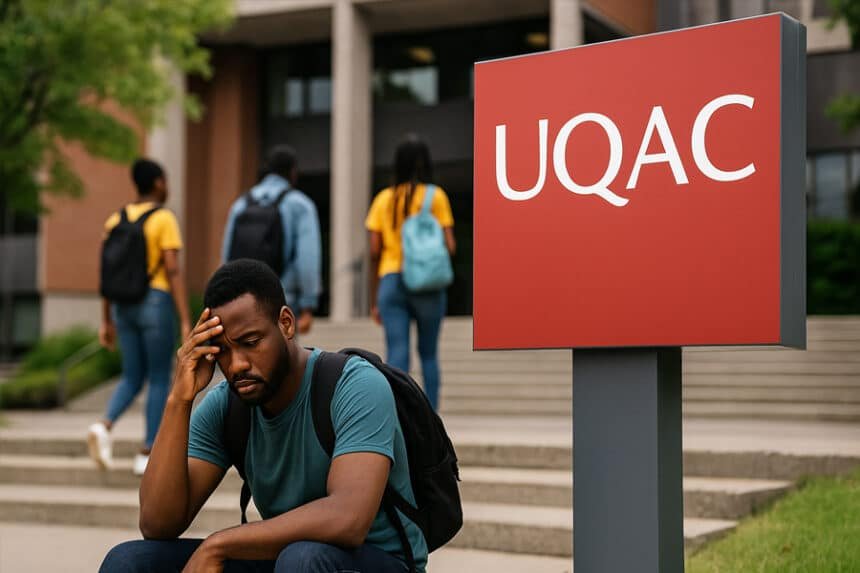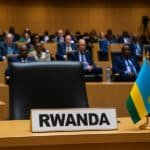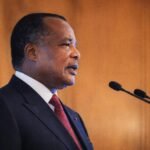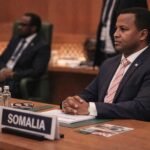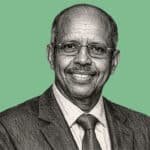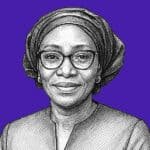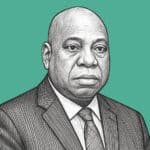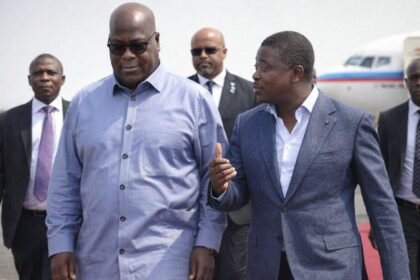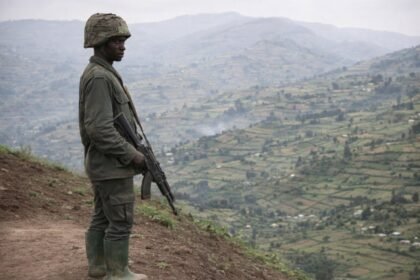When Aminata K.* arrived from Conakry clutching an acceptance letter on UQAC letterhead, she expected a lecture theatre, not a locked registrar’s door. Her file, like forty-three others, was fictitious; the letterhead had been harvested by a recruitment network operating out of Dakar and Abidjan that traded hope for cash. The episode, still under joint RCMP and IRCC investigation, underscores how private recruiters, public universities and multiple tiers of government have struggled to monitor a market now worth C$22 billion a year in export revenues—revenues that depend increasingly on Francophone Africa.
A Decade of Lax Gate-Keeping
Radio-Canada’s long-form investigation first traced the web of agents operating in South Asia and West Africa back to 2017, when UQAC began courting fee-paying students for niche graduate programmes. Although the university insists that only 1.3 per cent of its nearly 3 500 foreign applicants were affected, internal e-mails obtained by journalists show warnings from faculty ignored for years. Academic analysis of “illegal mobility” among qualified youth describes a pattern of diploma misuse that flourishes whenever legal pathways narrow. In the Sahel and Gulf of Guinea, Canadian study permits have become prized alternatives to perilous Mediterranean crossings, with recruiters promising a “North-American passport” that can be leveraged for eventual Schengen or US employment.
From Fraudulent Letters to Forty-Four Lost Dreams
Victims—predominantly Senegalese, Guinean and Cameroonian—report having paid up to US$12 000 for forged admission files, medical insurance and a guaranteed study-permit kit. Once in Quebec, they discover that status hinges on a genuine Designated Learning Institution record. Deportation orders follow; tuition refunds rarely do. A former Saguenay immigration officer, speaking on background, laments an “industrial-scale outsourcing” of admissions that outstripped the registrar’s due-diligence budget as international enrolments tripled between 2018 and 2024. West African consuls in Montreal confirm a spike in emergency-assistance requests from students left destitute after their offers were declared invalid.
Quebec’s Policy Pivot: Caps, Compliance and Contested Autonomy
On 5 June 2025 the provincial government announced a draft multi-year plan that would, for the first time, set binding ceilings on both temporary and permanent immigration. The proposal envisages a 13 per cent cut in international students by 2029 and introduces French-language obligations at the three-year renewal stage. In parallel, a ministerial order fixes institutional caps: UQAC may file at most 7 674 study-permit applications for the 2025-26 cycle—a quota 20 per cent lower than last year (Times of India Education, 6 March 2025).
For Quebec City the cap is a sovereignty statement: higher education remains constitutionally provincial, yet reputational fallout from visa abuse spills into federal trade and foreign-relations portfolios. University rectors complain that abrupt ceilings jeopardise collaborative research with African partners; provincial ministers retort that linguistic integration and housing pressures make restraint essential to social cohesion.
Ottawa’s Response: Federal Integrity Measures Tighten the Screws
The federal lever is regulation. Last November IRCC activated a rule that empowers officials to suspend DLIs for up to one year if they fail to verify letters of acceptance, and lowered the off-campus work limit to 24 hours per week to discourage purely economic migration. “We expect institutions to support our efforts to preserve the integrity of the International Student Program,” Minister Marc Miller warned, signalling that tolerance for lax admissions is exhausted. The new LOA-verification portal has already flagged more than 17 000 dubious offers across Canada, with nearly one-quarter linked to applications filed in Lagos, Accra and Yaoundé.
Geopolitical Stakes: Soft-Power Erosion and Consular Sensitivities
Foreign missions in Ottawa—especially those from the African Union’s Francophone bloc—have quietly inquired about restitution for students stranded by fraud, mindful that visa scandals can escalate into bilateral irritants. Canada’s comparative advantage as a trustworthy academic destination is at risk; the 2025 Henley Soft-Power Index attributes 14 per cent of Ottawa’s global influence to education exports. A senior West African diplomat, requesting anonymity, noted that “every rejected letter reverberates on social media faster than any maple-leaf branding exercise.” Development attachés caution that goodwill generated by scholarship programmes such as the Canadian Queen Elizabeth II Awards could evaporate if parallel commercial recruitment remains under-regulated.
UQAC’s scandal is neither a statistical blip nor a uniquely Quebec phenomenon. It is the canary in Canada’s student-migration coal-mine, revealing structural gaps between aggressive recruitment, provincial autonomy and federal compliance enforcement—gaps that disproportionately impact young Africans who view Canada as a Francophone gateway to global opportunity. The forthcoming parliamentary hearings on Quebec’s immigration plan will test whether Ottawa and Quebec can harmonise integrity with openness—or whether more Aminatas will arrive with dreams that dissolve at the registrar’s counter
